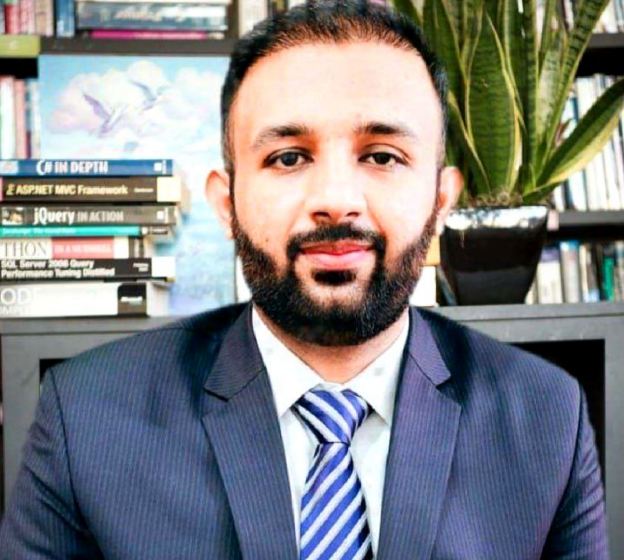Authors: Mustansar Siam and Babar Khan
Democracy thrives on inclusivity, competition, and leadership rooted in performance. Yet, in Pakistan, politics has largely been shaped by dynastic families who dominate electoral constituencies and party hierarchies. This phenomenon of political dynasticism, while not unique to Pakistan, has assumed a scale that limits the growth of democratic culture and institutions.
Research by the Pakistan Institute of Legislative Development and Transparency (PILDAT) indicates that in the 2018 National Assembly, around 55–60 percent of elected members belonged to families with prior political backgrounds. Similarly, in provincial assemblies, especially in Sindh and Punjab, over half of the seats are consistently won by candidates from entrenched political households. In rural districts, entire constituencies are often treated as family fiefdoms, with political influence passed down like property.
The endurance of dynastic politics has multiple explanations. For many voters, family names provide a sense of continuity and familiarity. Dynastic figures also control local patronage networks, often linked to landholding and access to state resources, which reinforces their hold over rural constituencies. In some areas, voting for a particular family is perceived as the only viable route to secure development funds, employment opportunities, or protection against bureaucratic hurdles.
Pakistan’s experience fits into a wider global pattern. In India, the Nehru-Gandhi family has remained central to the Congress Party for decades. In Bangladesh, both the Awami League and the Bangladesh Nationalist Party are led by descendants of political leaders from the country’s formative years. Even established democracies are not immune: the United States has witnessed the rise of families like the Kennedys, Bushes, and Clintons, while in the Philippines, nearly 70 percent of legislators in 2019 came from dynastic backgrounds. What distinguishes Pakistan, however, is the relatively weaker presence of internal party democracy and the reliance on feudal structures, which makes it harder for non-dynastic leaders to break through.
The democratic implications are significant. Dynasticism undermines meritocracy by narrowing political competition and discouraging new entrants, particularly women and youth from non-political families. Parties often fail to institutionalize internal elections, focusing instead on grooming heirs as future leaders. This weakens political debate, fosters personality-driven politics, and sidelines broader ideological engagement.
Moreover, the dominance of families entrenches a culture of patronage rather than performance-based governance. Studies of electoral behavior in Pakistan show that voters in rural areas tend to cast ballots for dynastic candidates regardless of legislative performance, due to the expectation of direct benefits. This reduces incentives for policy innovation and accountability.
To move forward, Pakistan requires reforms that encourage inclusivity and reduce overdependence on hereditary politics. Enforcing transparent intra-party elections, introducing stronger campaign finance regulations, and considering proportional representation could broaden the political field. Equally important is investing in civic education, so that voters evaluate candidates on performance and policy platforms rather than lineage.
Political dynasticism in Pakistan is thus both a symptom and a cause of institutional weakness. Unless these patterns are challenged through reforms and public awareness, the country risks remaining trapped in a cycle where democracy exists in procedure but not in spirit—where leadership is inherited rather than earned, and the promise of genuine representation continues to elude the people.
About Authors:
Mustansar Siam
Lecturer in Political Science, specializing in political philosophy, governance, and South Asian history. He is an active contributor to leading English newspapers and policy platforms, regularly engaging with both national and international scholars in academic and public debates.
Babar Khan
Lecturer in Political Science and Section Officer (General) in the Higher Education Department. He examines international relations closely and regularly comments on national affairs.

















